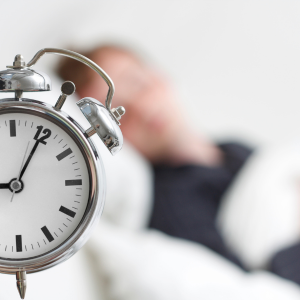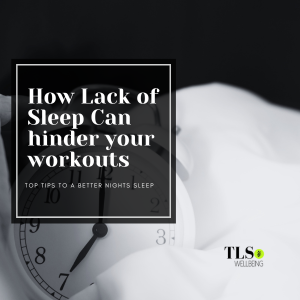“Sleep is the golden chain that ties health and our bodies together”
Can lack of sleep significantly hinder your gym results?
Sleep plays a vital role in the body’s recovery and overall well-being. When you don’t get enough sleep, it can negatively impact your performance, recovery, and progress in the gym.
During sleep, the body repairs and rebuilds muscle tissues that have been broken down during exercise.
It is also during this time that the body releases growth hormone, a key factor in muscle development and overall recovery.
Without sufficient sleep, these essential processes are disrupted, leading to slower muscle growth, increased muscle soreness, and longer recovery times.
Furthermore, lack of sleep can have a direct impact on your energy levels and motivation to exercise.
When you are sleep-deprived, you may feel fatigued, sluggish, and find it harder to push through workouts or maintain intensity. This can result in shorter, less effective workouts and reduced overall physical performance.

Top 5 tips for a better nights sleep
1. Establish a consistent sleep schedule: Try to go to bed and wake up at the same time every day, even on weekends. This helps regulate your body’s internal clock and promotes better sleep quality.
2. Create a relaxing bedtime routine: Engage in calming activities before bed to signal to your body that it’s time to unwind. This could include reading a book, taking a warm bath, practicing relaxation techniques like deep breathing or meditation, or listening to soothing music. Calm is a great app I highly recommend
3. Create a sleep-friendly environment: Make sure your bedroom is dark, quiet, and at a comfortable temperature. Use blackout curtains, earplugs, white noise machines, or a fan to block out any distractions that might disrupt your sleep.
4. Limit exposure to electronic devices before bed: The blue light emitted by smartphones, tablets, and computers can interfere with your body’s natural sleep-wake cycle. Avoid using electronic devices for at least an hour before bed, or consider using blue light filters or wearing blue light-blocking glasses.
5. Practice good sleep hygiene: Avoid consuming caffeine or nicotine close to bedtime, as they can interfere with your ability to fall asleep. Additionally, avoid heavy meals, alcohol, and intense exercise too close to bedtime, as they can disrupt your sleep.
Instead, opt for light, healthy snacks and engage in gentle stretching or relaxation exercises.
Remember, it may take some time to establish a consistent sleep routine and see improvements in your sleep quality. If you continue to struggle with sleep despite following these tips, it may be beneficial to consult with a healthcare professional for further guidance.
Yours in Health
Claire x
The WELL Life Concierge
